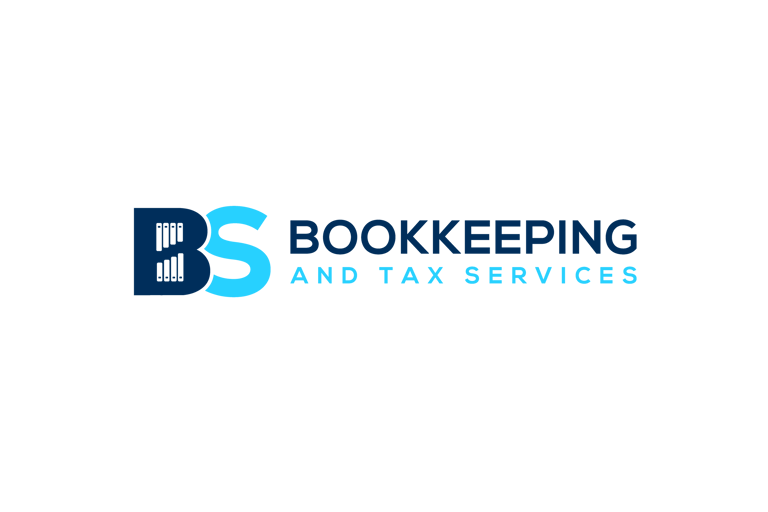🛍️ Get 15% Off for Your First 6 Months!
Why Every Small Business in Canada Should Register for GST/HST
Running a small business in Canada is exciting, but it also comes with responsibilities. One area that entrepreneurs often overlook is GST/HST registration. Whether you’re a freelancer, consultant, or retail store owner, understanding GST/HST can help you avoid penalties, build credibility, and even save money.
9/22/20252 min read
What is GST/HST?
GST (Goods and Services Tax): A federal tax of 5% applied across Canada.
HST (Harmonized Sales Tax): A combination of federal GST and provincial sales tax in certain provinces (like Ontario, Nova Scotia, and Newfoundland).
Depending on where you operate, you may charge GST or HST to your customers.
✅ When Do You Need to Register?
According to the Canada Revenue Agency (CRA), you must register if your revenue exceeds $30,000 in any four consecutive calendar quarters.
👉 Example: If your small business earned $8,000 each quarter, after four quarters ($32,000), you must register.
⚠️ Tip: Even if you don’t hit the threshold, registering early can provide financial benefits.
🚀 Benefits of Registering Early
Input Tax Credits (ITCs): Claim back GST/HST paid on business purchases such as supplies, rent, and equipment.
Example: If you buy a laptop for $2,000 + GST (5%), you can recover the $100 GST.
Improved Credibility: Customers and suppliers often see GST/HST-registered businesses as more established.
Avoid CRA Penalties: Late registration can result in owing back taxes plus interest.
Smooth Growth: If your business suddenly grows, being registered avoids last-minute stress.
📊 Common Mistakes Small Businesses Make
Not charging GST/HST on invoices → leads to out-of-pocket payments later.
Mixing personal and business expenses → makes ITC claims harder.
Missing filing deadlines → CRA charges penalties and interest.
Incorrectly applying GST vs HST depending on the province.
🧾 How to Register for GST/HST
You can register:
Online via CRA Business Account
By phone
By mail using Form RC1
It’s a simple process, and you’ll receive a Business Number (BN) once approved.
💡 GST/HST Tips for Small Business Owners
Keep organized bookkeeping records to track ITCs.
Use accounting software like QuickBooks or Xero to automate GST/HST calculations.
Choose the right filing frequency (monthly, quarterly, annually) based on your cash flow.
Consult a professional bookkeeper to avoid errors.
❓ Frequently Asked Questions (FAQs)
1. Do freelancers need to register for GST/HST?
👉 Yes, if you earn more than $30,000 in a year (before expenses).
2. What happens if I don’t register?
👉 CRA can backdate your registration, and you’ll owe taxes retroactively with interest.
3. Can I charge GST/HST before registering?
👉 No, you must wait until you receive your Business Number.
4. What if I operate in multiple provinces?
👉 You must charge the GST/HST rate that applies to your customer’s province.
GST/HST registration Canada
Small business GST rules
Claiming input tax credits CRA
GST/HST filing mistakes
Freelancers and GST in Canada
GST vs HST explained
👉 Don’t miss our previous article on Bookkeeping for the Auto Industry – A Roadmap to Financial Success to learn how proper bookkeeping helps specialized businesses thrive.


